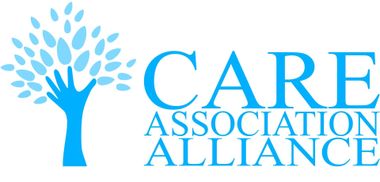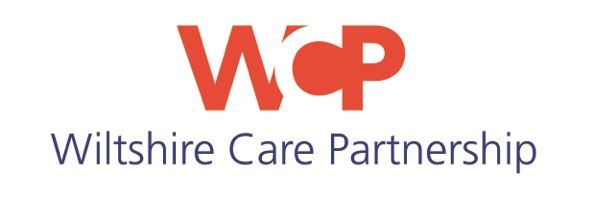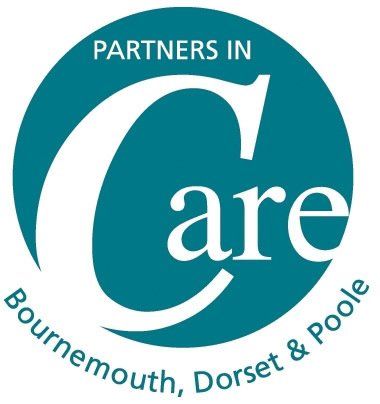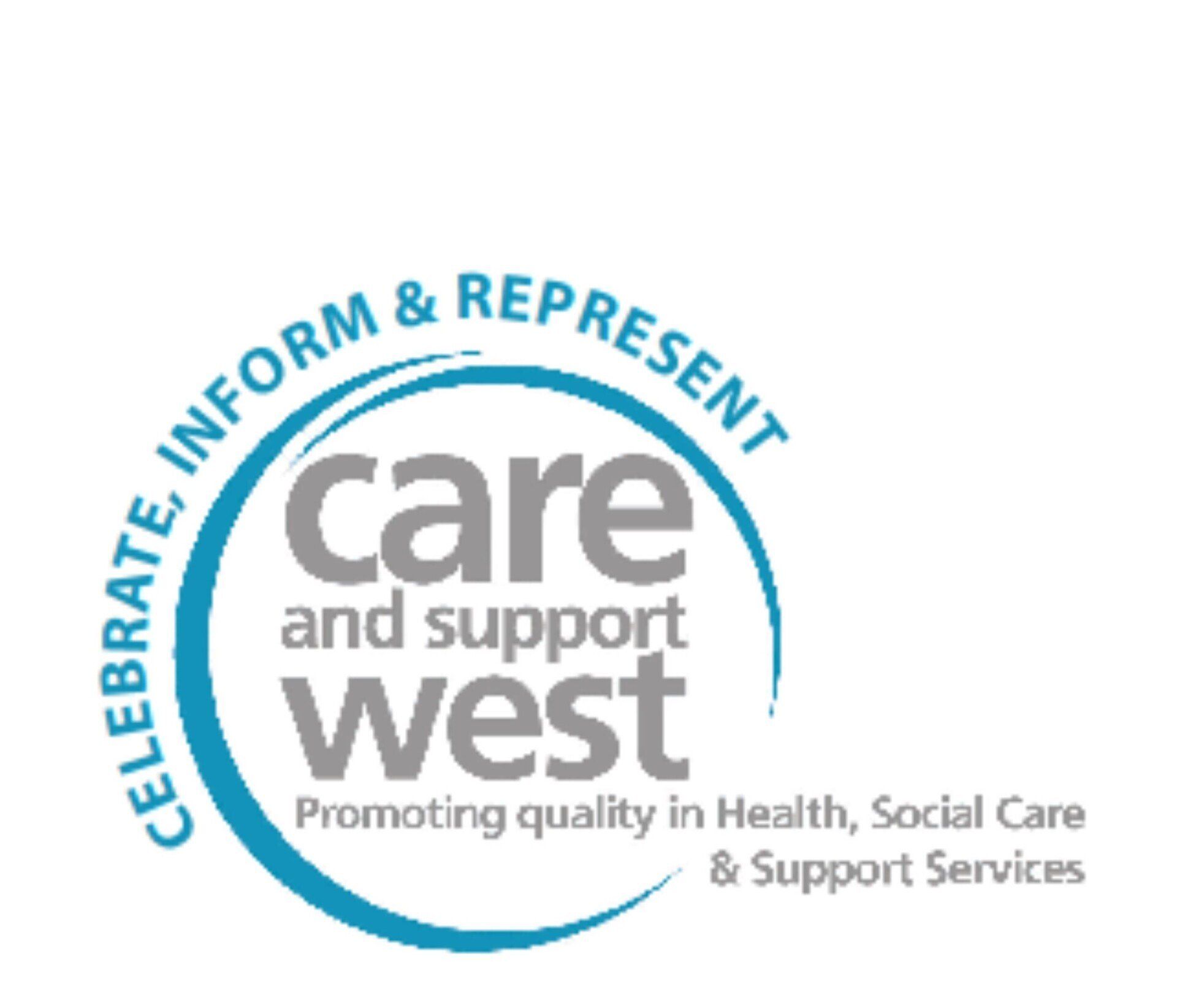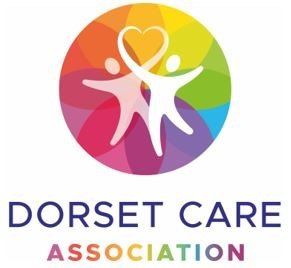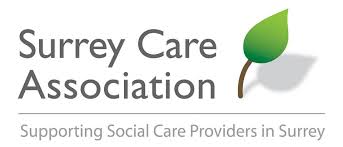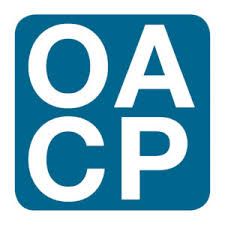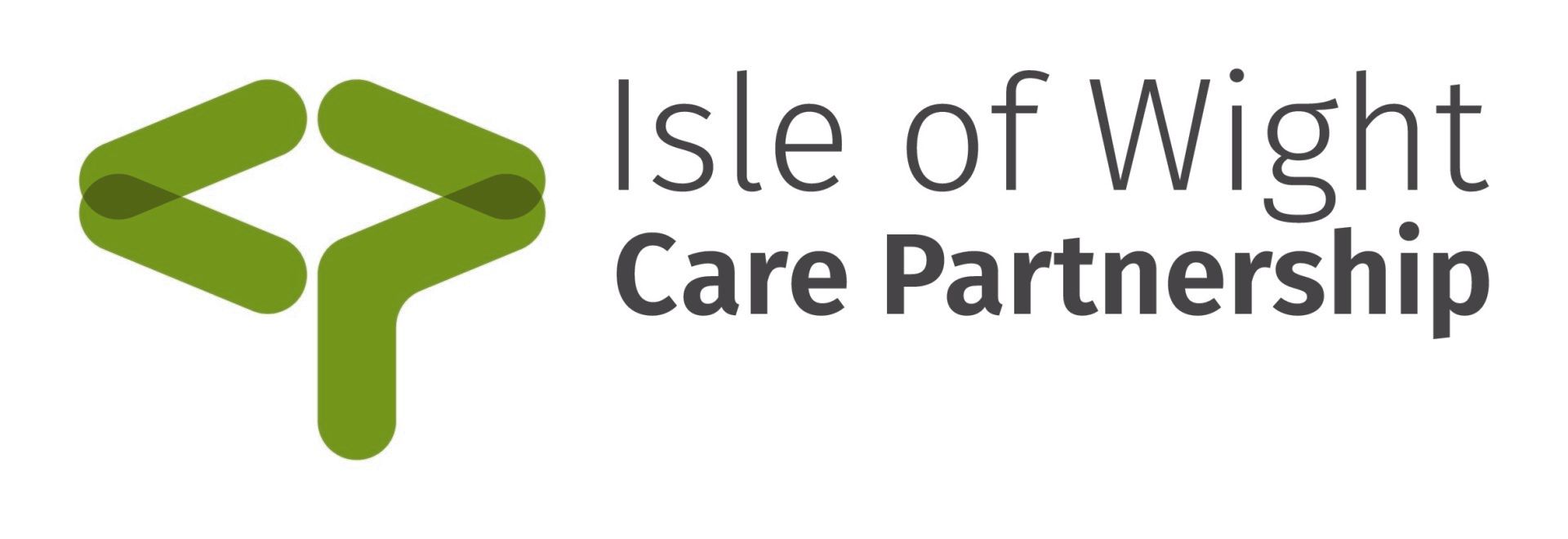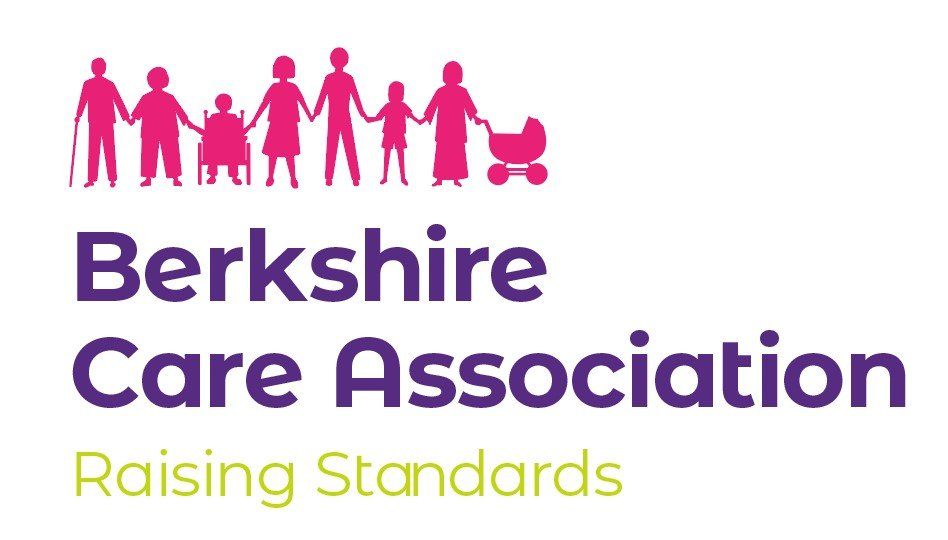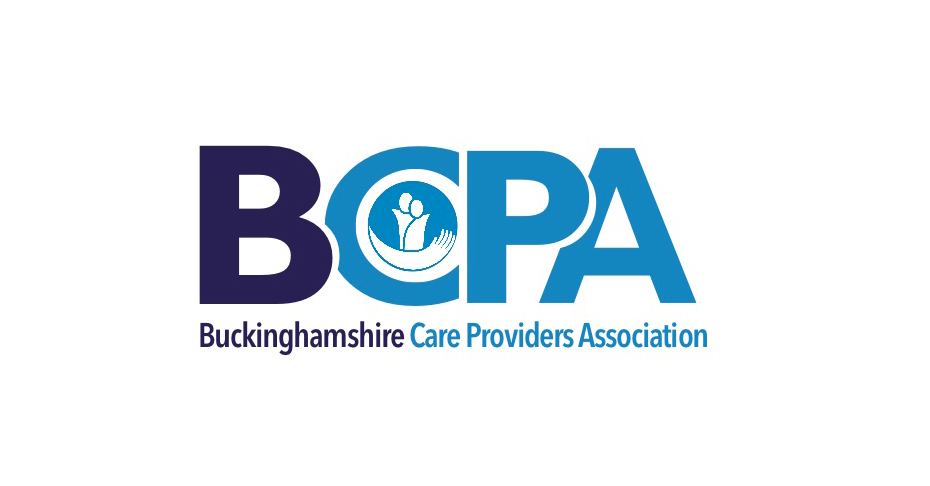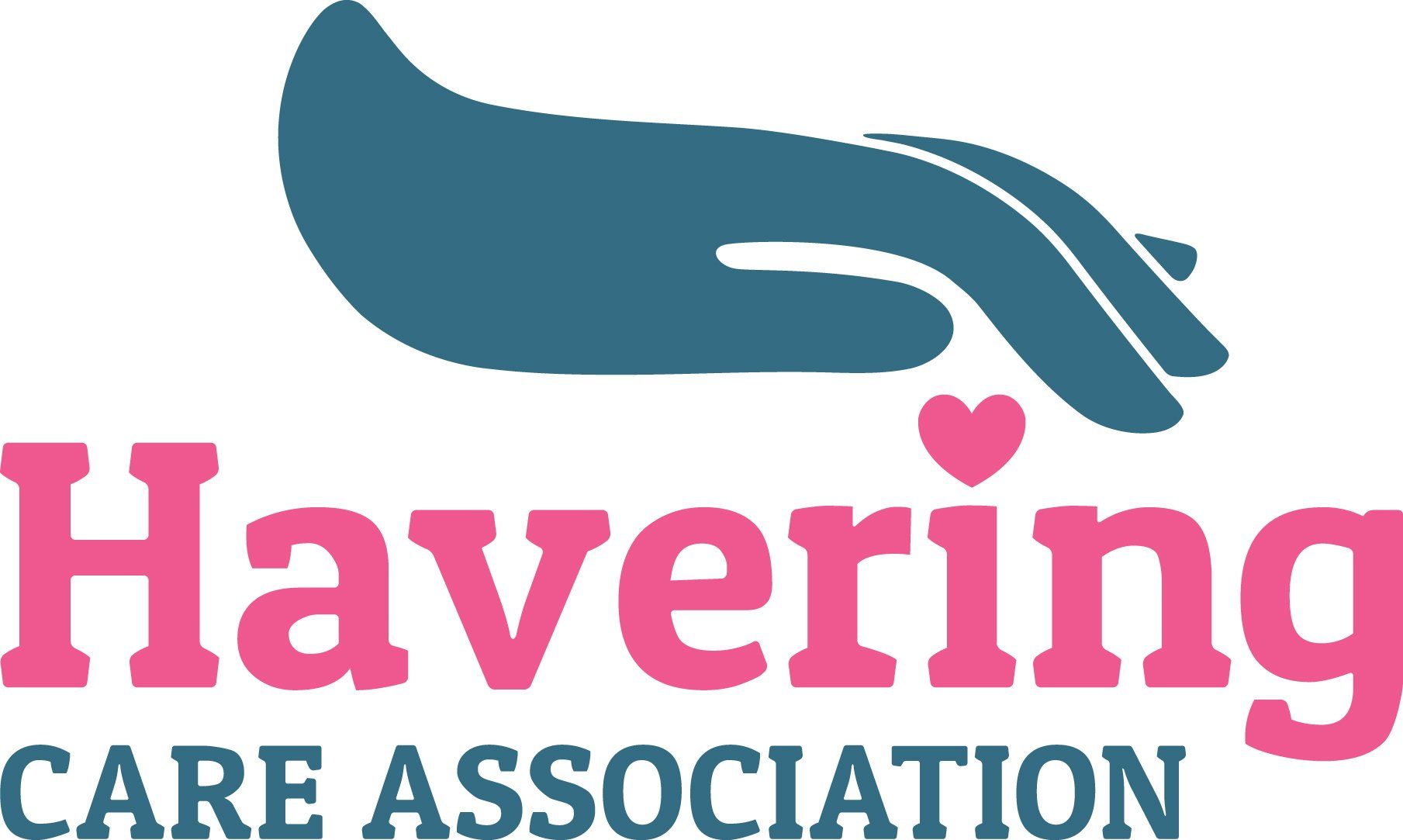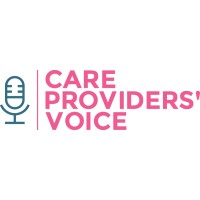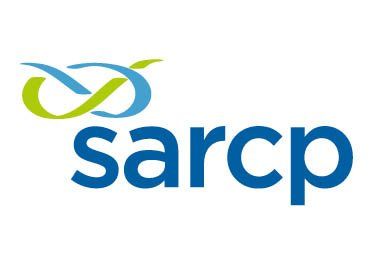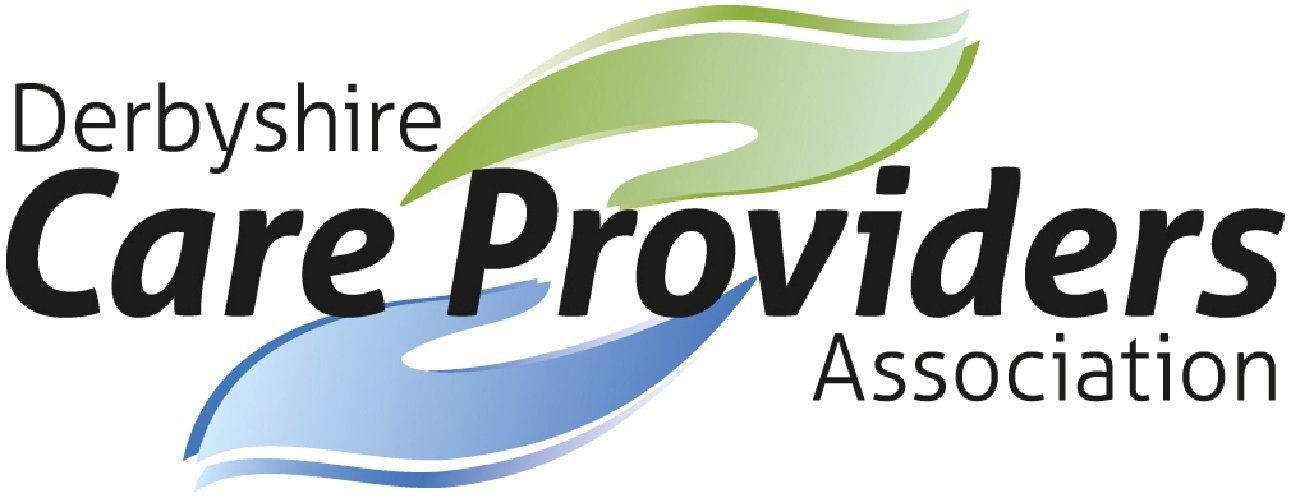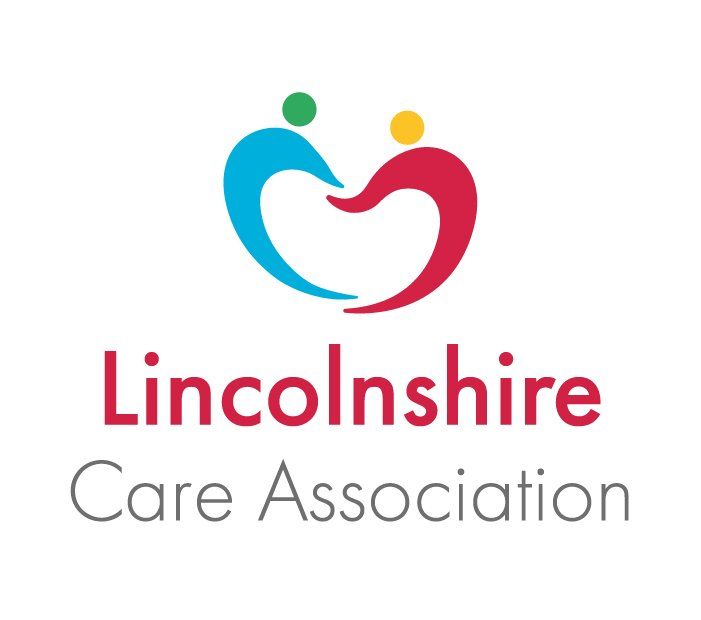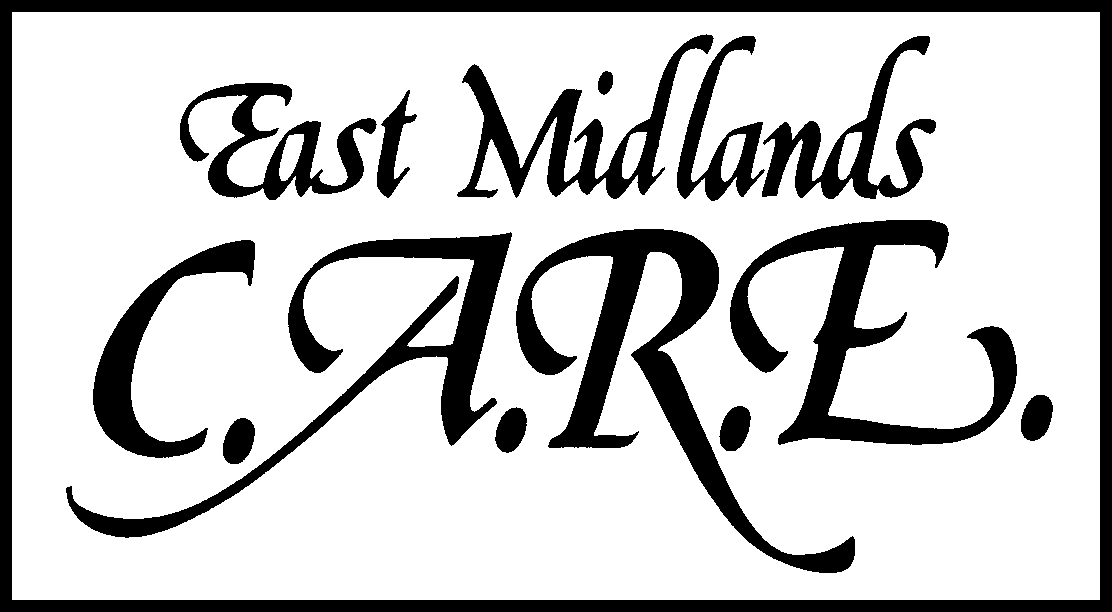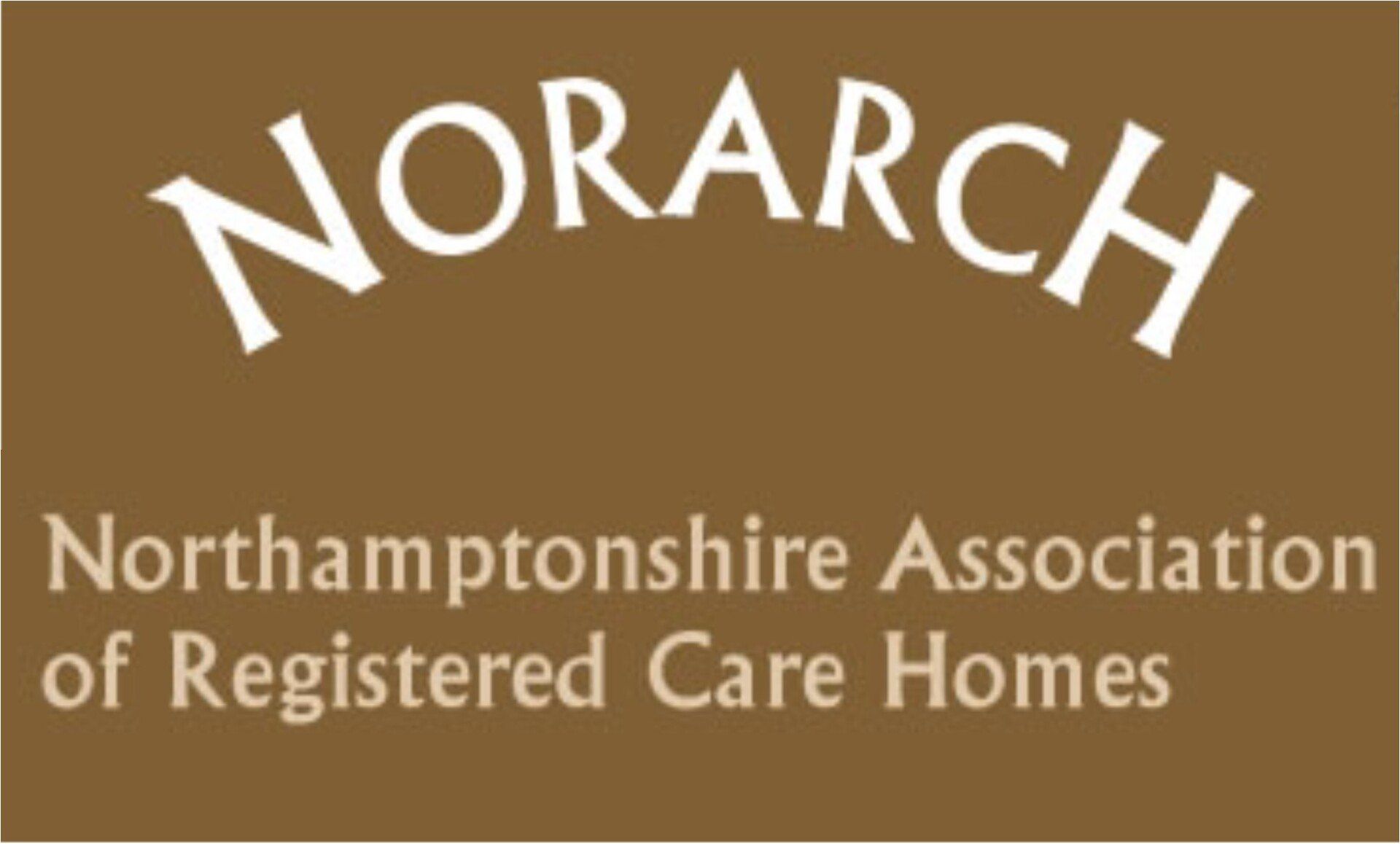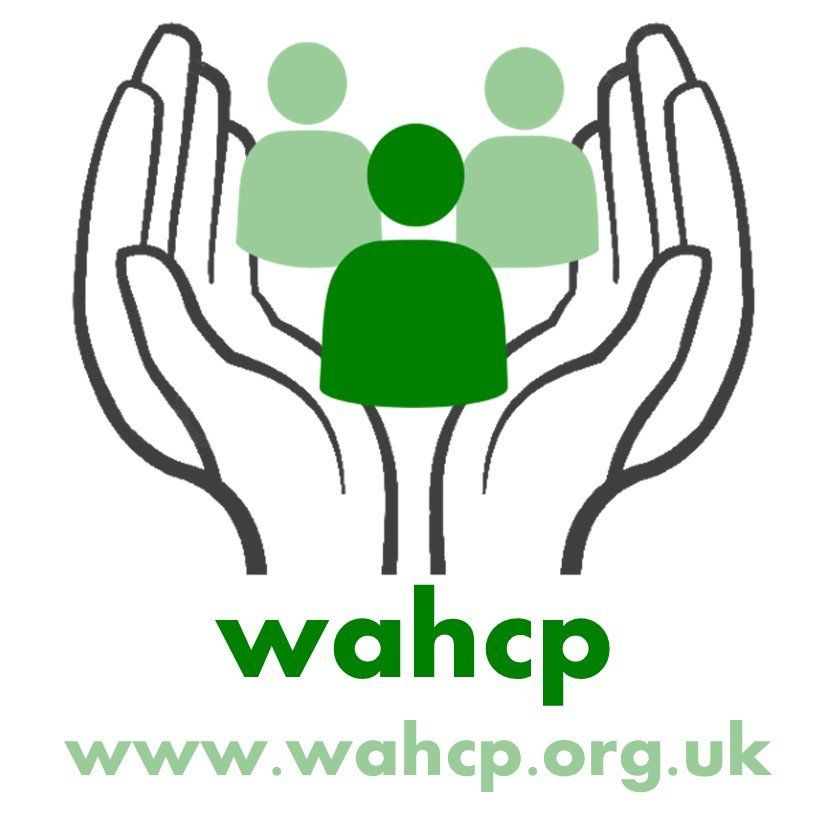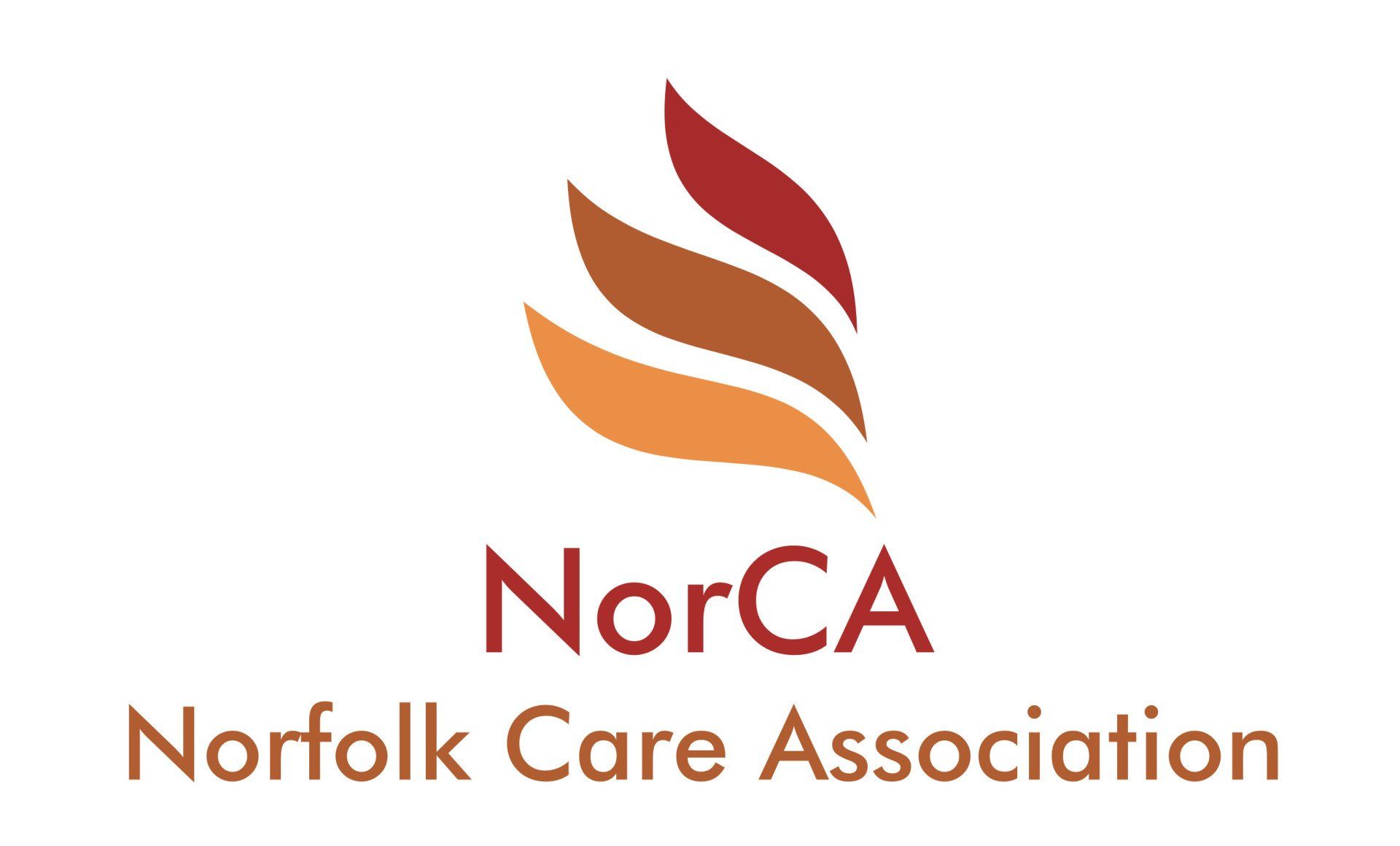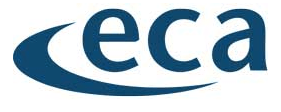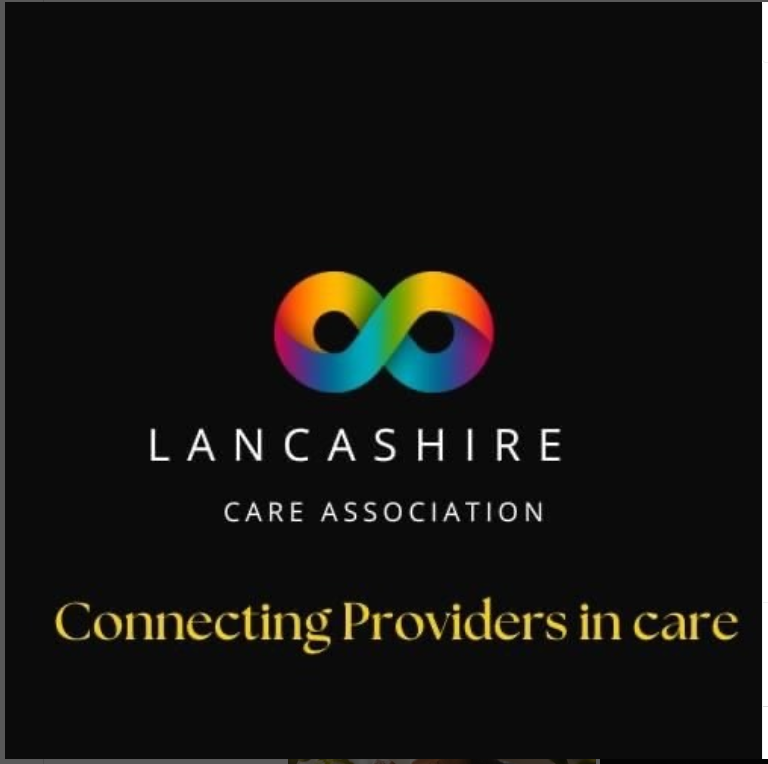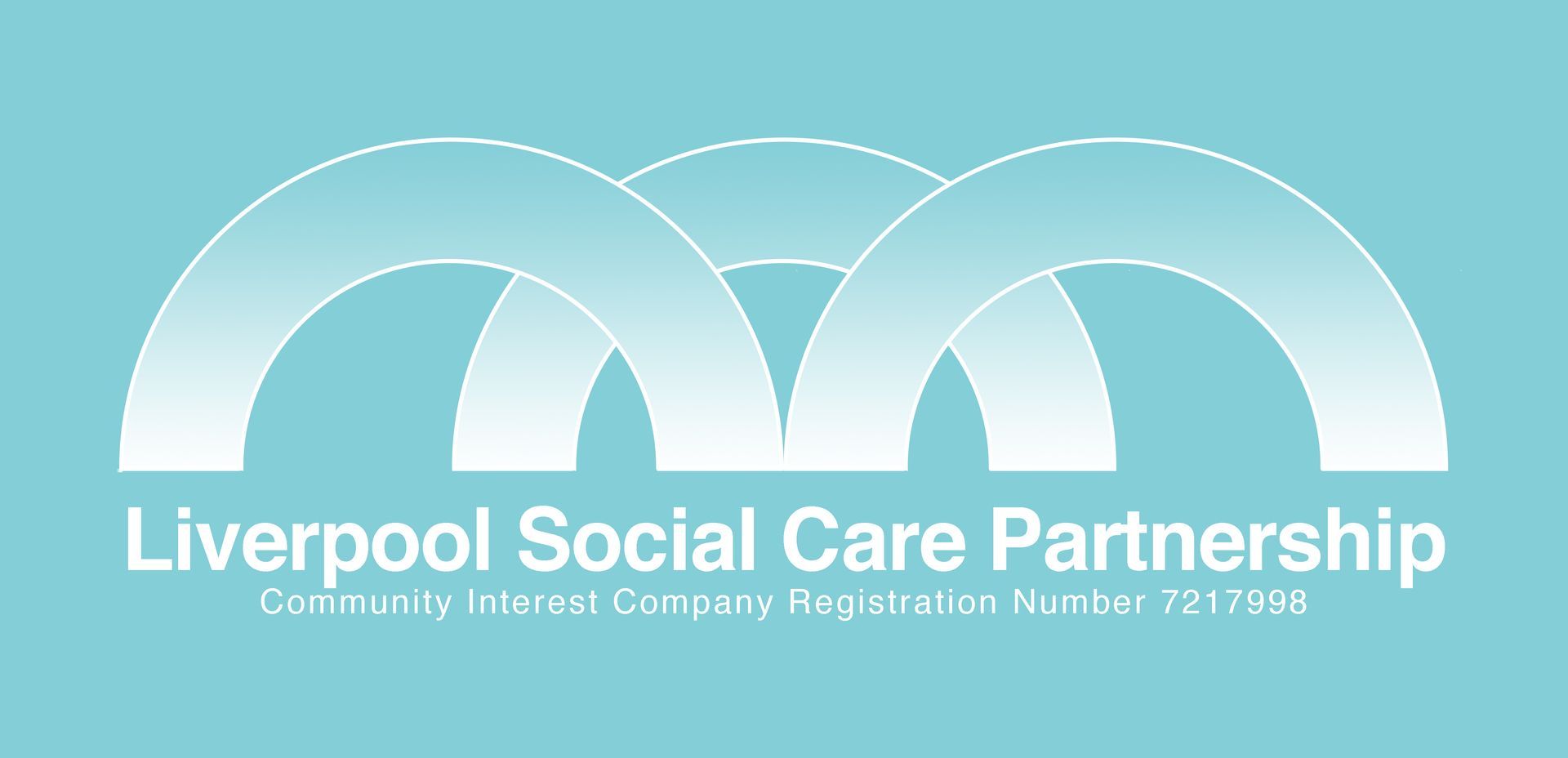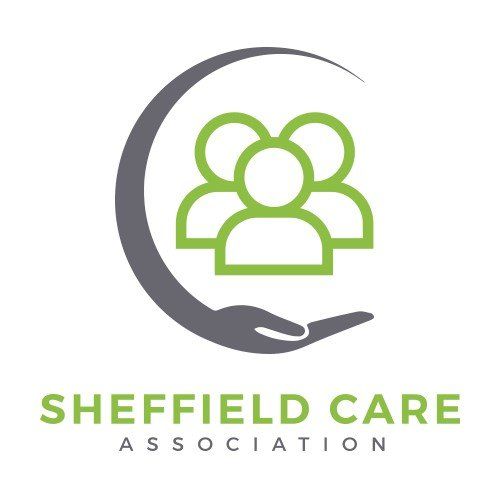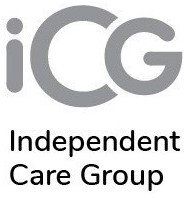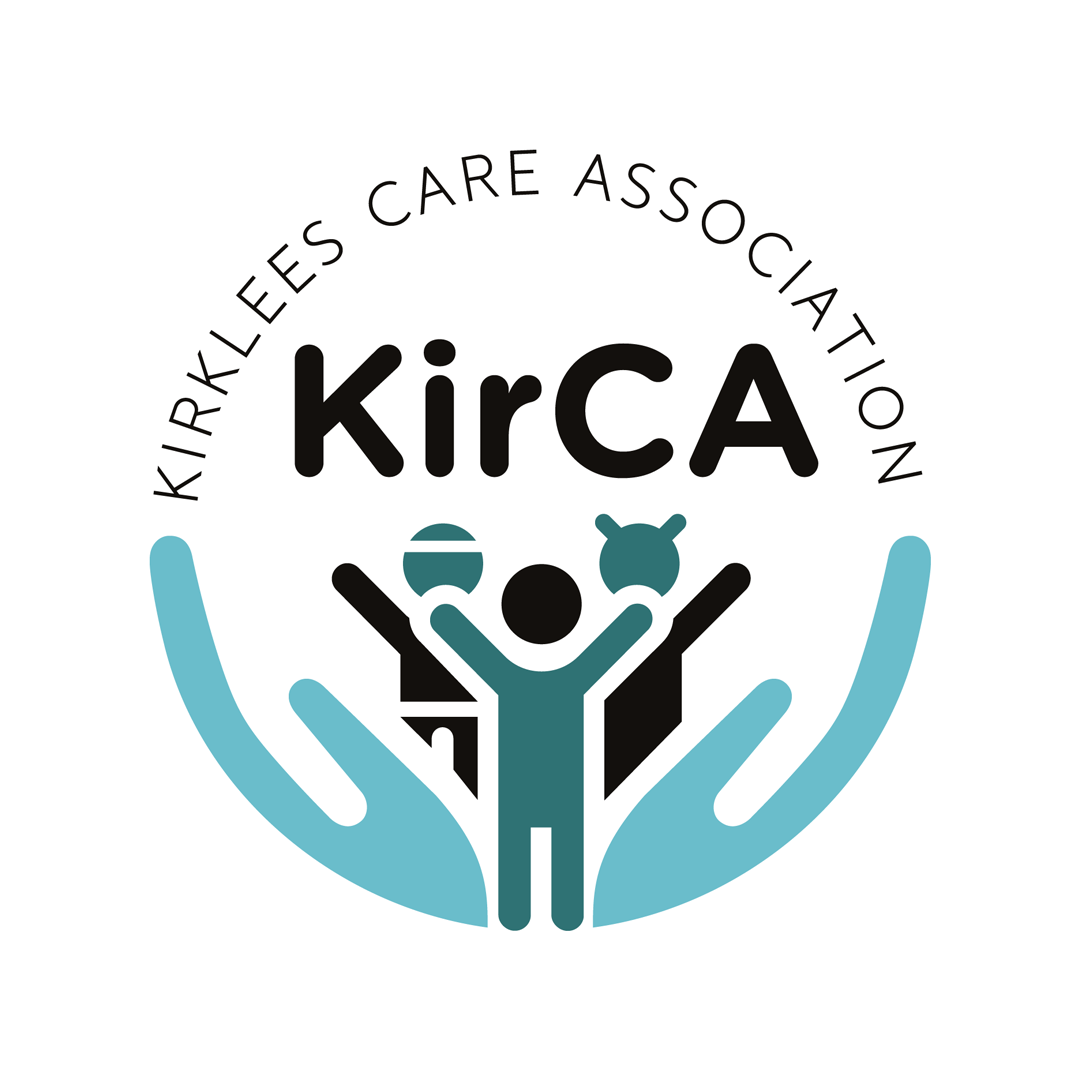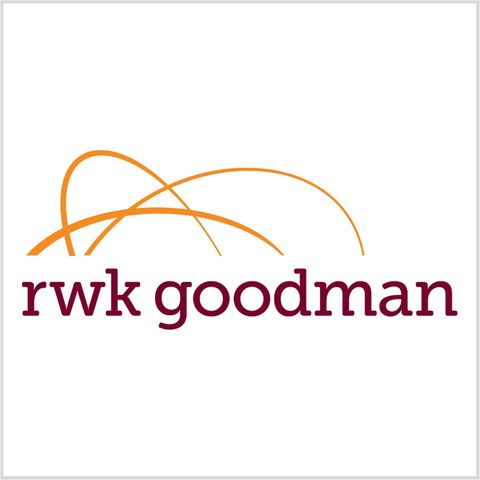Care Association Alliance
The National Voice of Local Care Provision
The Care Association Alliance aims to

be a national umbrella
for local (council area) care associations
Button
Inform national policy
by sharing local trends
Button
Share best practice
for people who rely on our services
Button
Our Members
Our members represent over 9000 care providers across England, representing all sectors of care and many different types of businesses
South West
Midlands
North East Lincolnshire
ButtonView more
Latest

24 July 2025
The National Minimum Wage – it’s more than just a pay rate 24 July 2025 Following a meeting between the Care Association Alliance and His Majesty’s Revenue and Customs, we would like to share HMRC’s advice with members on staying compliant with National Minimum Wage legislation. In 2024/25 HMRC identified over half a million pounds of arrears for over 2,000 workers in the social care sector. Mistakes are easy to make when you are calculating wage payments; this can happen even when you’re paying your staff an hourly rate that is above the minimum wage. Here’s some examples of common mistakes that can lead to underpayments, particularly in the social care sector: Unpaid working time – underpayments can happen when extra hours are worked but not paid, for example time spent travelling if it’s in connection with the worker’s job, such as travelling between clients or waiting time. This also includes time spent awake and working during sleep-in shifts, being on standby at or near the workplace, or carrying out mandatory training on site or at home. Deductions and expenses – if workers incur expenses or have deductions from pay for items connected with the job (including the costs of uniforms, mandatory training or safety clothing), this could bring their wages down to below the NMW. Deductions for services provided by the employer such as meals, admin costs for attachment of earnings, transport, or excessive deductions for accommodation can also result in underpayments. Underpaying workers – mistakes can also happen when an employer pays a worker the incorrect rate. This is usually because of a failure to implement annual rate increases correctly, for example, missed birthdays as workers move from one age band to another or errors in applying the apprentice rates. Type of worker – If an employer applies the incorrect work type to the NMW calculation, it can lead to underpayments. There are four different types of worker for NMW purposes: salaried, time, output and unmeasured. The hours you must pay a worker the NMW for depends on the type of work they do. The rules and calculation of hours apply differently for each type of work that the worker does. You can find more information on calculating NMW on the gov.uk website . Including certain payments or premium payments when calculating a worker’s pay for National Minimum Wage purposes – Some employers may think they are paying above NMW because they are including things like shift allowances, on-call allowances, sleep-in allowances and higher rates for weekend or evening work in the calculation. However, dependant on the type of worker, these should not be included in the calculation. When these are taken out of the calculation, the worker could be being paid below NMW. Accommodation – If you deduct payments for accommodation from a worker's pay, or charge for accommodation, it can lead to underpayments. The rules allow a notional daily amount called the accommodation offset to count towards NMW. If an amount is charged or deducted over the level of the offset, the difference will reduce the worker's pay for minimum wage purposes. Status of workers – Incorrectly treating workers as volunteers, interns or self-employed can lead to underpayments of NMW. An individual’s NMW entitlement depends on whether they are a worker for NMW purposes. Generally, with limited exceptions, if an individual gets something of value in return for their work and are not genuinely self-employed, they are likely to be entitled to NMW. Salary sacrifice schemes – If a worker gives up their contractual entitlement to a portion of their salary in exchange for some form of benefit, this can lead to underpayments of NMW. These benefits can include company cars, additional pension contributions and cycle-to-work schemes. Where a salary sacrifice is in place, the worker no longer has entitlement to that portion of salary and therefore their pay for minimum wage purposes is reduced accordingly. Compliance and Enforcement Ensuring workers are paid fairly and in line with the current and appropriate NMW rate is a legal requirement for all employers. HMRC officers have the right to carry out checks at any time and ask to see payment records. They can also investigate employers if a worker complains to them. Employers who do not follow minimum wage legislation, and underpay their staff as a result, are subject to enforcement action by HMRC. If HMRC finds that an employer has underpaid their workers, any arrears must be paid back immediately. There will also be a fine of 200%, and offenders might be publicly named by the Government. Opportunity to Correct Mistakes However, there is an opportunity to put things right before a HMRC compliance check is opened. There are no penalties or naming if employers repay arrears before HMRC opens a compliance check. Putting things right If you identify an issue after reading this, here’s how to put things right: change working practices going forward calculate the arrears due to workers using the current rates pay arrears back to workers make reasonable attempts to contact any affected ex-workers If, as a result of a self-review, you have identified and paid arrears for underpayment of minimum wage, then there is an option to inform HMRC. To request a copy of the form to be used for making a voluntary declaration email voluntarydeclaration.nmw@hmrc.gov.uk . There are no public naming or financial penalties associated with any paid arrears that are declared to and accepted by HMRC using the voluntary declaration process. Further information can be found at: Calculating the minimum wage Summary of National Minimum Wage and accommodation rates Guidance on whether a person is a worker Guidance on who is and is not entitled to the minimum wage The current minimum wage rates If you prefer to speak to someone you can call ACAS for advice on 0300 123 1100.

3 July 2025
Comment re: NHS 10 Year Plan 3 July 2025 The government has today launched the NHS 10 Year Plan. This is expected to be a fundamental reset for NHS, putting people back where they belong at the heart of the care that they receive. We welcome this ambitious plan and its aims. The Care Association Alliance is pleased to have been part of the NHS Change engagement programme and to have had an input to the plan, but we’re disappointed there is no plan for social care either within or alongside the NHS 10 Year Plan. One part of the plan is to improve people’s access to the NHS and to shift care out of hospitals and into the community through the Neighbourhood Health Service. We welcome the move to a community-focused approach and look forward to working with our colleagues in the NHS to make it a reality. We believe that neighbourhood health services will only reach their full potential for frail elderly people and working age adults who use social care services if neighbourhood working includes social care as well as health. It is crucial that social care be regarded as a key part of Neighbourhood Teams delivery from the outset. Another aim in the plan is the switch from analogue to digital. We welcome this aim, which will streamline communication and make it much simpler for us all to interact with NHS. However, technology and information sharing needs to embrace social care to make the most of the single patient record and technology-enabled care and improve outcomes for people. As an integral part of the health and care system, it is essential that social care play its part in the changes envisaged in the NHS 10 Year Plan from the outset. We cannot wait until Baroness Casey completes her work and try to catch up. For social care to play its part, funding must follow the work so that care providers can work with NHS colleagues to provide the care and support needed by each individual. ends The 10 Year Health Plan is part of the government’s health mission to build a health service fit for the future. · Publication: Fit for the Future: The 10 Year Health Plan for England https://www.gov.uk/government/publications/10-year-health-plan-for-england-fit-for-the-future · Easy read version: https://www.gov.uk/government/publications/10-year-health-plan-for-england-fit-for-the-future-easy-read · Announcement - Neighbourhood Health: https://www.gov.uk/government/news/pm-launches-new-era-for-nhs-with-easier-care-in-neighbourhoods

29 May 2025
Save the Date! CAA Resilience Webinar: Monday 16 th June 2025 at 2pm When to seek financial advice as a care provider? The care sector faces growing challenges, however with the right support at the right time, care providers can navigate these pressures, protect their operations, and unlock long-term values. Join us on 16 th June when we will hear from Leon Goddard, Senior Adviser - Markets and Commissioning at the Local Government Association and industry expert Johnny Abraham, Managing Director at J9 Advisory, specialist business advisory services. Further details and booking information to follow shortly

12 April 2025
The government’s increase in the rate of employer National Insurance Contributions (NICs) from 13.8% to 15% came into effect at the weekend. As a result, the care sector, like many others, is facing detrimental financial pressures in trying to provide a high-quality care service. Our overall staff costs are projected to rise by at least 9%, thanks to the number of part-time staff we have and the low level of pay in the sector. We provide a regulated service based very heavily on personal interaction, so we can’t simply reduce staffing levels. Many care workers are at or close to minimum wage, so there’s no way to mitigate the increases by negotiating a lower pay rise. Providers would love the opportunity to pay their staff more, as they deserve it, but it simply cannot be budgeted for. These cost increases impact both self-funders and services contracted by local authorities or the NHS. For those paying for their own care this is leading to higher than normal price increases of 8% to 10%. This may be an unmanageable burden for some. Where the local authority or the NHS is the customer, we have no control over prices and the vast majority are unwilling or unable to cover the increased costs. The UK government has chosen not to provide local authorities with sufficient funds to cover the NIC increases for care that they commission – although they have where the care is provided in house. As a result, care providers who deliver care to the most vulnerable on behalf of local authorities are facing potentially existential challenges. The Care Association Alliance is urging the government to fix these funding shortfalls so that local authorities can properly support care providers. We urge HM Treasury to redress the unfairness and ensure that local authorities are able to support providers, and we call on the Department for Health and Social Care and the Ministry for Housing, Communities and Local Government ensure that this funding is passed on.

20 March 2025
We at the Care Association Alliance are deeply disappointed by the actions of Labour MPs in the House of Commons yesterday (19 th March). A Liberal Democrat amendment to exempt health and care providers from a rise in National insurance Contributions was defeated by 307 votes to 182. As a result, on 6th April hard-pressed social care providers will be hit with increased bills they can’t afford. This vote is another damaging blow to our sector which could well leave many people without the care and support services they rely on, as it will push many care providers over the brink. The government has dismantled the core principles and ethos of the Care Act 2014 and abandoned millions of vulnerable people who depend on the care sector. The impact will also be felt by the NHS, which will experience even more difficulties in discharging patients from hospital. This is a dark day for adult social care, and we call on the Chancellor Rachel Reeves to think again and exempt health and care providers from this NIC increase. In the meantime care associations are ready to work with local authorities, care providers and NHS colleagues to do the best we can for those who rely on care and support in what will be very difficult times. Melanie Weatherley MBE, C0-Chair of the Care Association Alliance For media information please contact: Jez Ashberry Director Shooting Star jez@weareshootingstar.co.uk 01522 528540 / 07780 735071
